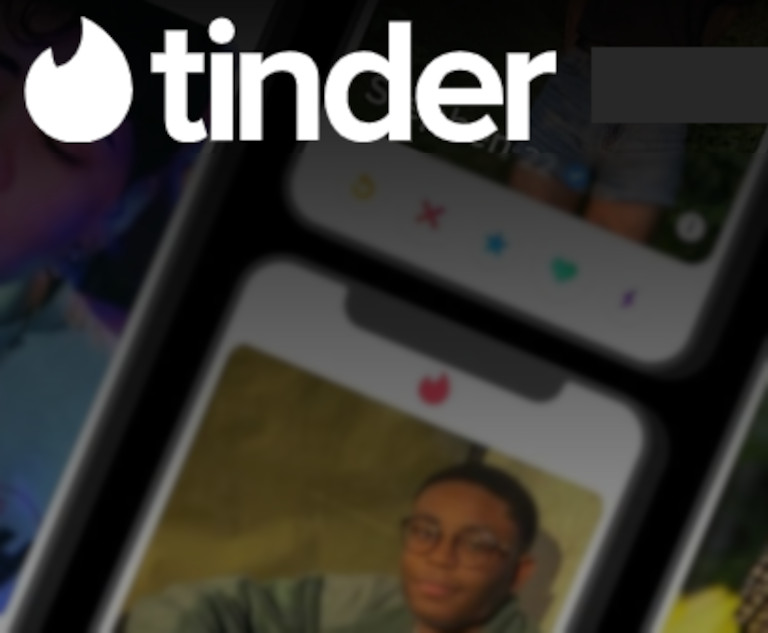Romancing with AI? Lawsuit claims bots pose as suitors on Tinder
Online dating company Match Group is suing the developer of an app using AI to pose as human male suitors. Match Group also alleges a second app misleads its customers by diverting them to the OnlyFans subscription site.

Online dating company Match Group LLC, owner of Match.com, Tinder and dozens of other dating sites, filed suit in Dallas County against a startup alleging that it uses artificial intelligence suitors that stand in for actual humans.
The lawsuit alleges that CupidBot.ai uses AI to automate the process of browsing user profiles, matching clients with other users, “and deceptively striking up conversations and making dates.”
One of Match Group’s objections is that CupidBot’s AI software allegedly enables users to circumvent Tinder’s security measures and interfere with Match Group’s operation of the service.
“These actions are meant to avoid any accountability by defendants and undermine plaintiffs’ mission of creating meaningful and authentic connections,” the complaint states.
Match Group also alleges that the defendants created an alternate version of CupidBot called CupidBot OFM that is designed to mislead users of plaintiffs’ dating sites into believing they are chatting with potential romantic partners, but in fact “are chatting with an AI bot whose only purpose is to get the user to subscribe to the OnlyFans adult entertainment website.”
OnlyFans is an internet content subscription service used by sex workers who produce pornography. It also hosts the work of nonpornographic content creators.
The complaint further alleges that CupidBot requires Tinder users to rate and tag profiles of other Tinder users according to attractiveness, ethnicity, weight and sexual orientation, information that is used to train CupidBot.
“These ratings are intended to enable forms of discrimination that plaintiffs specifically take steps to prevent,” the complaint states.
Match Group also complains that CupidBot uses plaintiffs’ trademarks without authorization. The trademarks cited include Swipe, Tinder, Flame logo and Hinge.
The company asserts that it has sent multiple requests to the defendants demanding that they cease these trademark infringements, but to no avail.
The causes of action in Match Group v. Verniani include three trademark violations under the Lanham Act, state law dilution, tortious interference with existing contract, federal and state computer fraud or harmful access by computer claims, and breach of contract.
Match Group also seeks temporary and permanent injunctions. The lawsuit is in the Dallas County 95th District Court.
Match Group is represented by Dawn Estes and Linda G. Moore of the Dallas law firm Estes Thorne Ewing & Payne.


